Braces
- Home
- Orthodontics
- Braces
Serena Medical Center
braces usages in serena
Dental braces are appliances which are used to align or straighten the teeth and guide the teeth to the corrected position. They are made up of wires, brackets, and bands. Braces aid to correct irregular teeth positioning, jaw correction, improvement in chewing and smile aesthetics. Your dentist is the best person to guide on treatment options and modalities depending upon dentition.
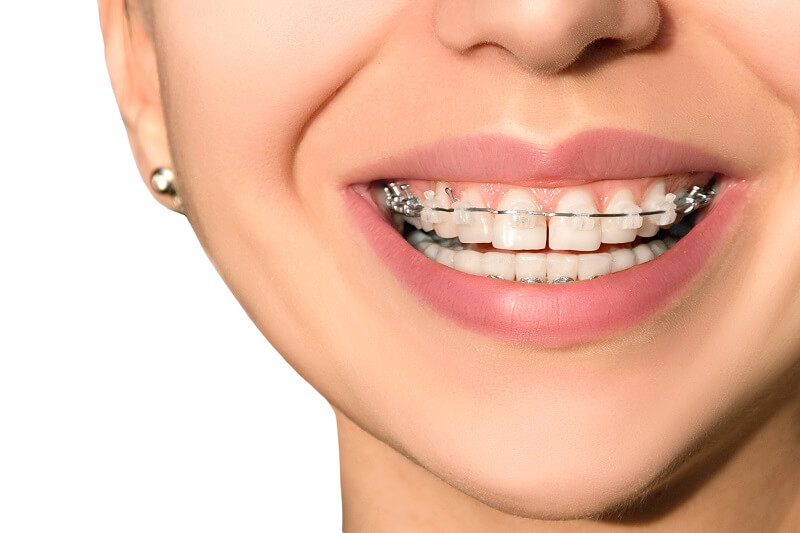

About Extraction
What Braces Are developed for
The major reason for getting Braces on is to improve the facial appearance, what people do not know is that there are any other implications which require orthodontic treatment like open bite, jaw structure, crossbite etc.
Serena Medical Center
Types of Braces Covered in Serena
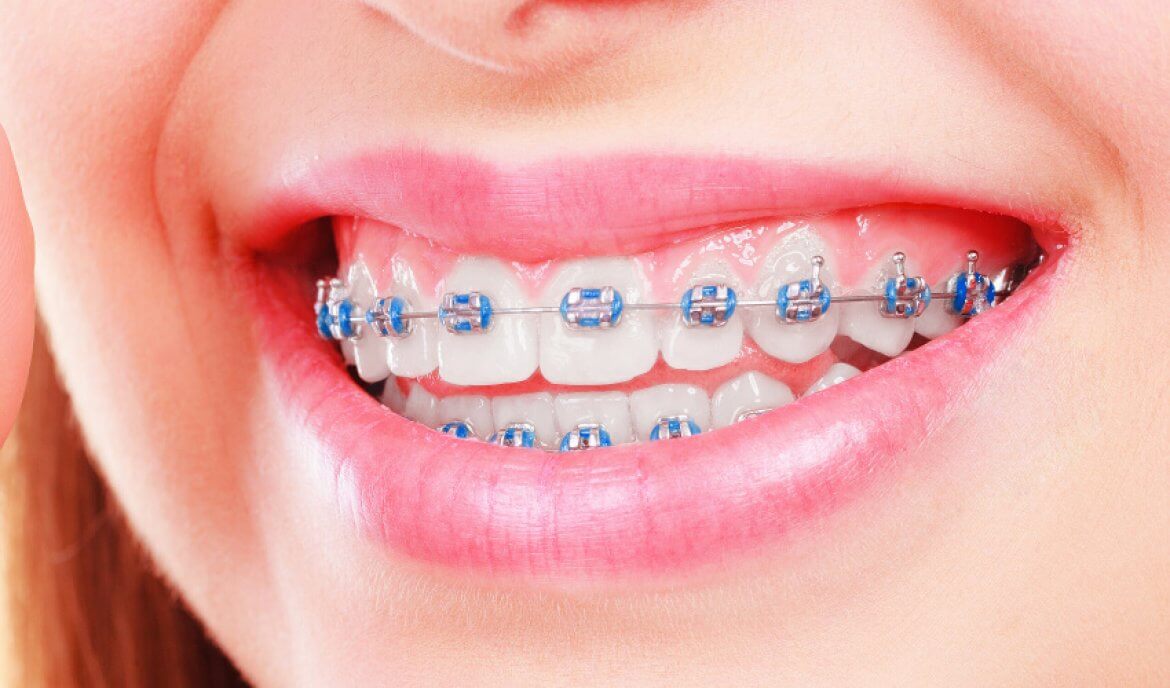
Metal Conventional Braces
These are the traditional and most common type of braces. The metal braces used today are much more comfortable and smaller in size.
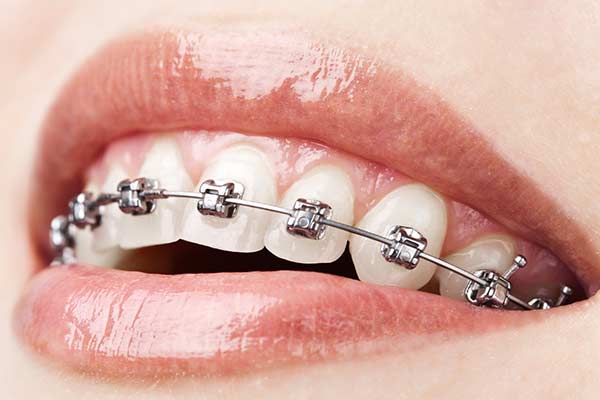
Metal Self Ligating Braces
These are metal Brackets with a shutter or lock system and do not require the use of elastic to tie the wire.
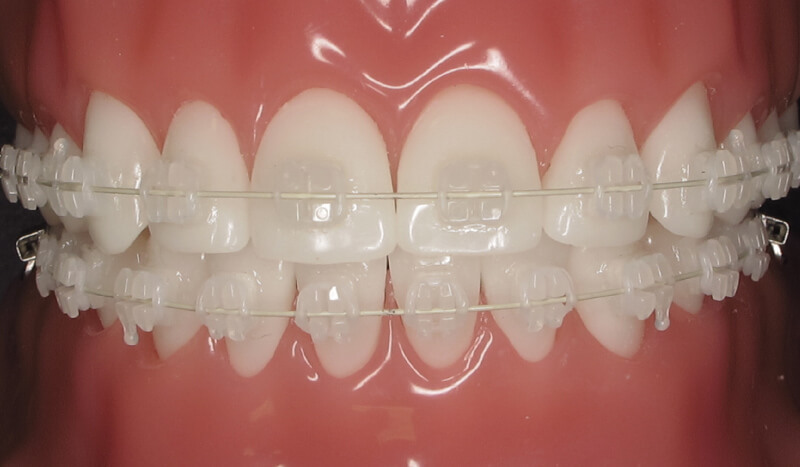
Ceramic Conventional Braces
Ceramic braces are the ones with clear brackets. They use tooth color and blends more naturally with your teeth.
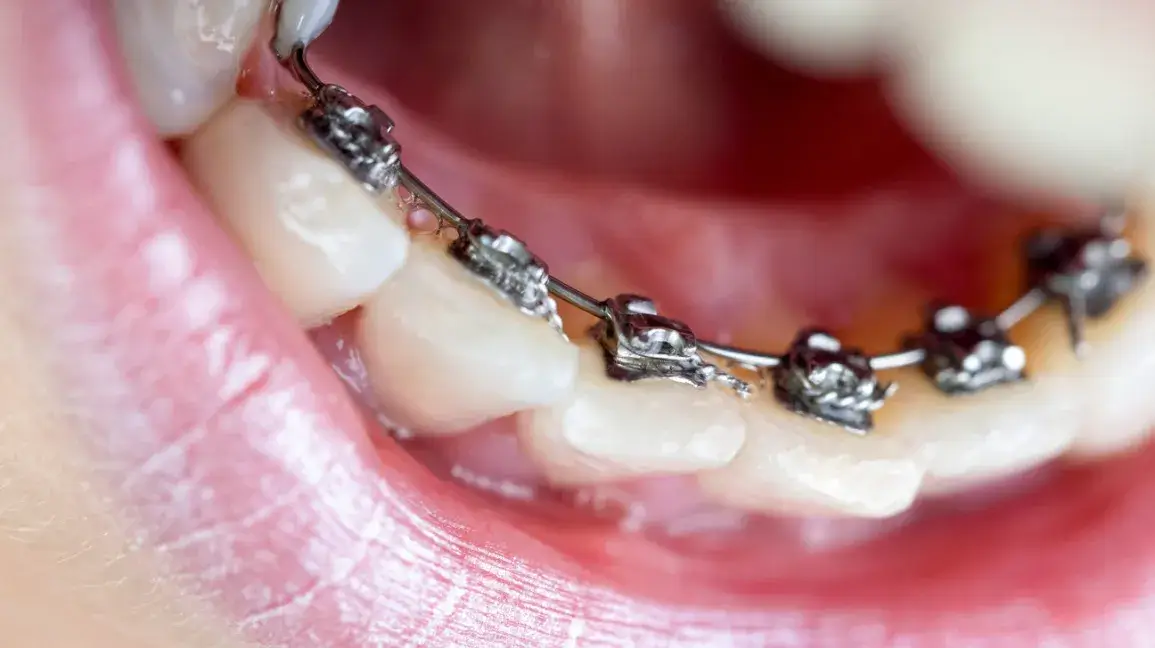
Lingual Braces
Lingual Braces are heavy metal braces which are placed behind the teeth. These metallic braces can be made even of silver or gold.
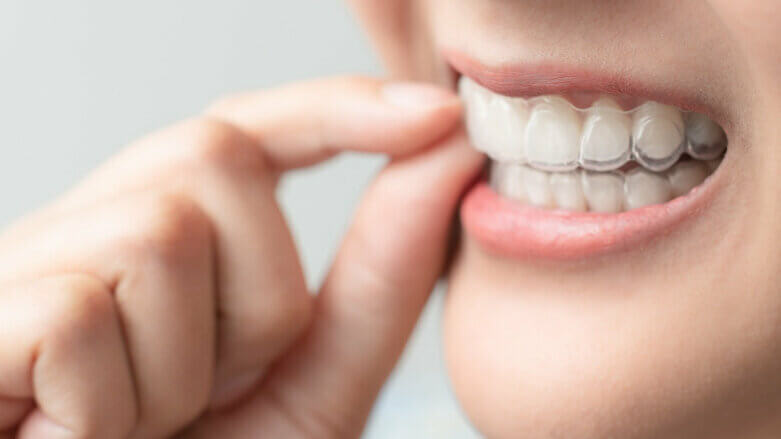
Aligners
Clear Aligners are medical grade plastic trays that do not require any braces or wire. They are totally invisible hence
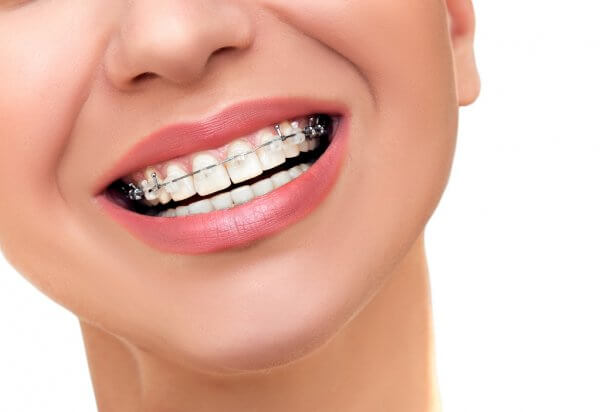
Serena Medical Center
Post Treatment Care for Braces
- Brush & Floss twice a day to keep your teeth healthy. Healthy teeth respond better to the treatment.
- Visit your dentist on time for follow-up checks. Make a note of your appointments and follow suggestions, if any.
- Be patient. The treatment duration may vary depending on the case. The teeth will take the time to adjust accordingly.
Need Help?
Frequently Asked Questions
If I get braces, how long do I have to wear them?
The amount of time spent in braces will vary, depending on the individual patient, because every smile responds differently to treatment. Treatment times can take anywhere from six to 30 months, but most standard treatments last about 18 months.
If the damage or decay is extensive, your dentist will recommend extracting the tooth and replacing it with an artificial tooth through the use of a dental implant.
Do I need to brush my teeth more often if I have braces?
Orthodontics
orthodontic faqs Dr. Willes and his staff are so friendly and nice.
– Naomi –
What is orthodontics?
What is an orthodontist?
What’s the best age to visit the orthodontist?
How can I take care of my teeth if I’m wearing braces or a retainer?
What are braces?
If I get braces, how long do I have to wear them?
Do braces hurt?
Do I need to brush my teeth more often if I have braces?
If I have braces, do I still need dental checkups every six months?
Will my braces interfere with my school activities like sports, playing an instrument, or singing?
How do I schedule my next appointment?
What is orthodontics?
Orthodontics (also referred to as dentofacial orthopedics) is a specialized form of dentistry that focuses on the diagnosis, prevention, and treatment of dental and facial abnormalities.
What is an orthodontist?
An orthodontist is a dental specialist who has received two to three years of additional training and experience. Dr. Willes is able to straighten teeth, correct misaligned jaw structure, and improve the function of your smile.
What’s the best age to visit the orthodontist?
If you want to improve the look and feel of your smile, then any age can be a great time to see the orthodontist. The American Association of Orthodontists recommends that children first visit an orthodontist around the age of seven; however, orthodontic treatment is not exclusive to children and teens.
About one in every five orthodontic patients is over the age of 21. (Dr. Willes has even improved the smiles of patients in their 80s!) Whether you’re considering treatment for yourself or for a child, any age is a good time to visit the orthodontist.
How can I take care of my teeth if I’m wearing braces or a retainer?
ALWAYS remember to brush your teeth after every meal and floss at least once a day.
Make sure to use toothpaste that contains fluoride, and ask your family dentist if you need a fluoride rinse. This will help prevent cavities!
If you take out your retainer to eat, make sure you brush your teeth, floss, and remember to keep your retainer safe in its container so that it does not get lost or broken.
Keep your retainer clean, too, by brushing it gently with a toothbrush and toothpaste. You may also soak it in denture cleaner as instructed by Dr. Willes. Do not put your retainer in boiling water or in the dishwasher.
During your treatment, try to avoid foods with a lot of sugar, which increases the amount of bacteria that grows in your mouth, and can cause more plaque and potential cavities.
Avoid sticky and chewy foods (caramel, chewing gum, gummy bears), hard foods (hard candy, nuts, ice cubes), or any foods that could possibly get stuck in your braces (corn on the cob, bagels, ribs, taffy, etc.).
Be sure to schedule your routine checkups with your family dentist. It is recommended that you continue to visit the dentist every six months.
What are braces?
Braces are used by an orthodontist to help you improve the look and feel of your smile. There are several different types of braces to choose from, including:
Clear braces
Ceramic braces
Self-ligating braces
Invisible braces
Traditional metal braces
If I get braces, how long do I have to wear them?
The amount of time spent in braces will vary, depending on the individual patient, because every smile responds differently to treatment. Treatment times can take anywhere from six to 30 months, but most standard treatments last about 18 months.
Do braces hurt?
Braces do not often hurt, though you may feel a small amount of discomfort for a couple days as your teeth, gums, cheeks, and mouth get used to your new braces.
Do I need to brush my teeth more often if I have braces?
With braces, you should brush your teeth at least three times a day to keep your teeth, gums, and mouth healthy and clean. Brushing regularly will help remove any food that may be caught between your braces.
Will my braces interfere with my school activities like sports, playing an instrument, or singing?
Playing an instrument or a contact sport may require some adjustment when you first get your braces, but wearing braces will not stop you from participating in any of your school activities. If you play a contact sport, it is recommended that you wear a mouthguard to protect your braces or appliance.
